This site uses cookies. By continuing to browse the site you are agreeing to our use of cookies. Read our privacy policy

Unfortunately, few policymakers understand this, says Jim Knight, Chairman of CENTURY Tech, an EdTech organization.

Lord Knight is a member of the Communications and Digital Committee in the British House of Lords and a former UK Schools Minister.
Q: To what extent is digital connectivity an issue of equality and equity?
A: Profoundly so. During Covid, disadvantaged children were likely to suffer from data and device poverty as well as lacking anywhere to actually use the devices and study at the same time. When I was UK Schools Minister, we got half a million children online at home for the first time. But in some communities and households, that connectivity use was gendered: boys had precedence over girls, older siblings had precedence over younger siblings. There are other factors that then play out to further entrench disadvantage.
Q: And is it getting worse?
A: Smartphone penetration is really high and if the activity needing to be done can be done on a phone, then device poverty is lessening. But if the activity is not easy to do on a small screen – spreadsheets and content creation, for instance – then I think device poverty is as bad as it's ever been. Also, can you afford the data for your phone or your other devices? Have you got access to Wi-Fi? Wi-Fi in public spaces becomes much more important if households - as they are in the cost of living crisis – are having to choose between data and food, data and heat.
Q: Do you think policymakers understand the important link between connectivity and poverty?
A: A few do, but it's an underdeveloped issue. There’s an understanding that as we moved towards only being able to access benefits online, and to apply for most jobs online, then we had to help individuals get the digital confidence – and the digital skills – to be able to go to the library and access the connected device. But I don’t think there’s full awareness of the profound equity issue around home access to the online world. It makes a fundamental difference to school children's learning and being able to do their homework at home, to getting lower prices on household bills, cheaper deals with your shopping, getting stuff delivered if you've got mobility problems. They’re obvious when you point them out, but policy is not quite joining the dots.
Q: What's the one policy that would make a tangible difference?
A: There were times when I would have said, within the spectrum of radio signal, why don't we just broadcast Wi-Fi across the nation. If it's still possible to do that – and that ship might have sailed in terms of spectrum availability – it would be really interesting and exciting. Another area is equipment recycling. Larger businesses are genuine about ESG (Environmental, Social & Governance), but I think they do quite a lot on the G, a fair amount on the E and not a lot on the S. It should be obvious for them to have a device partner for refurbishing and releasing all obsolete IT back into the community. That would empower a whole swathe of the population - an exciting opportunity to release a lot of latency. You could make it a contractual obligation for all public sector organizations, and all organizations that succeed in accessing public sector procurement. Lots of us have multiple devices, some of which are just lying in a drawer somewhere, that we don't use anymore. They can be sent off and repurposed.
Q: What if we don't solve this problem, and ensure that everyone catches up and is included?
A: Then I'm afraid as a society we effectively carry a dead weight of people who we're funding in other ways but who can't enter mainstream society. Because so much of the core infrastructure of how we lead our lives is now online.
Q: So, it's up to use whether we carry that dead weight – we can choose to solve it?
A: Exactly. It's part of a new social contract we need to have with each other, and certainly between government and the citizen, and between business and the consumer.


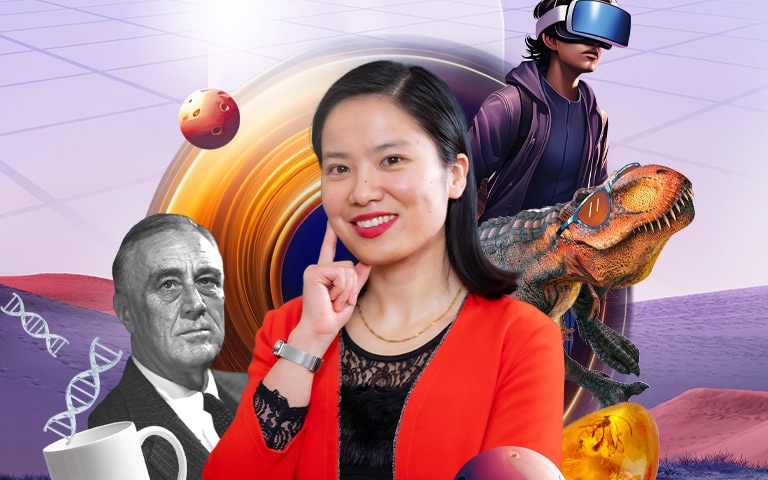
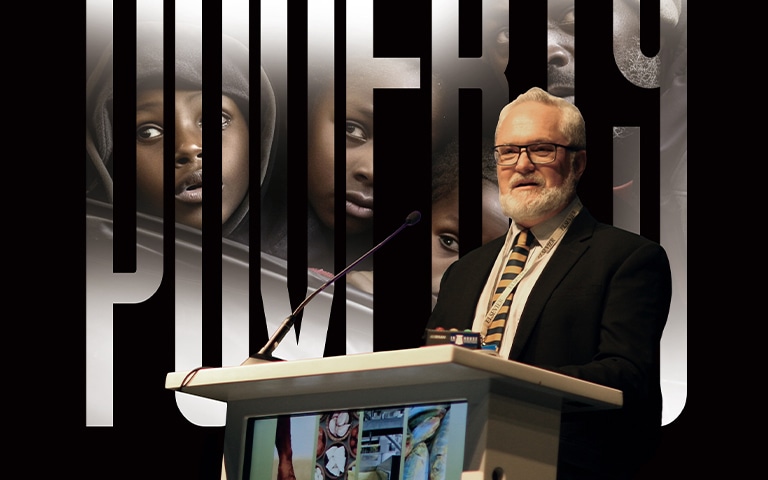
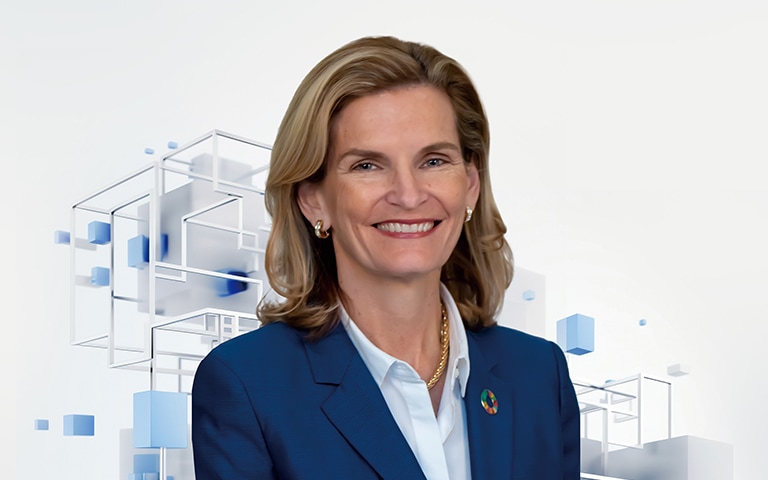

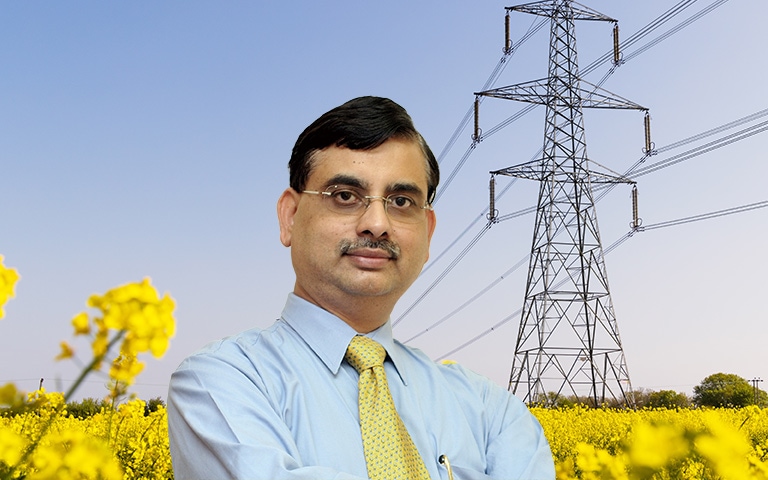


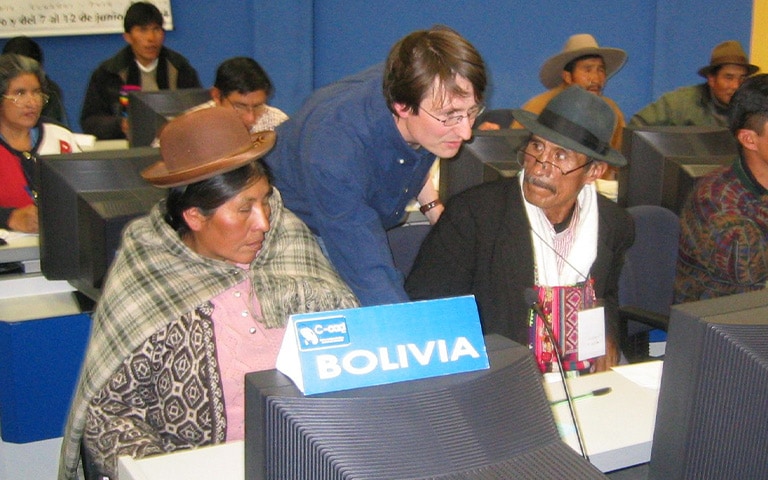


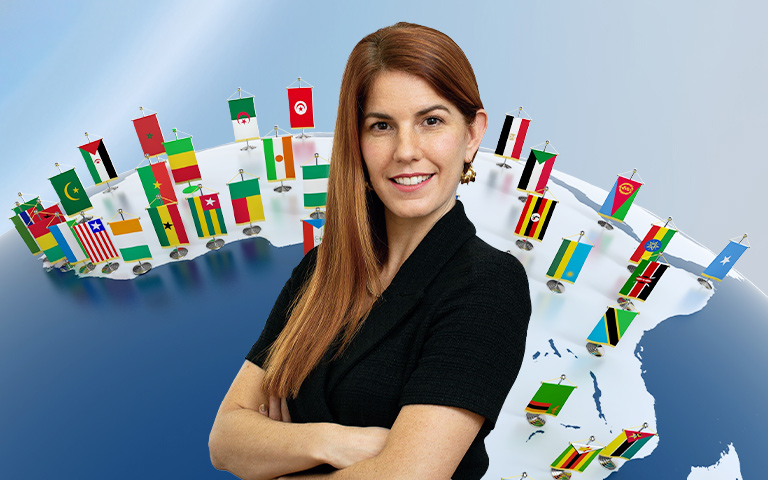


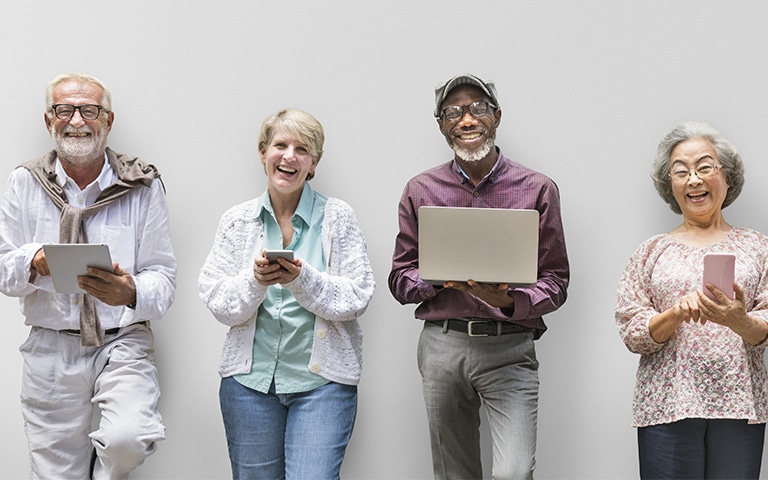

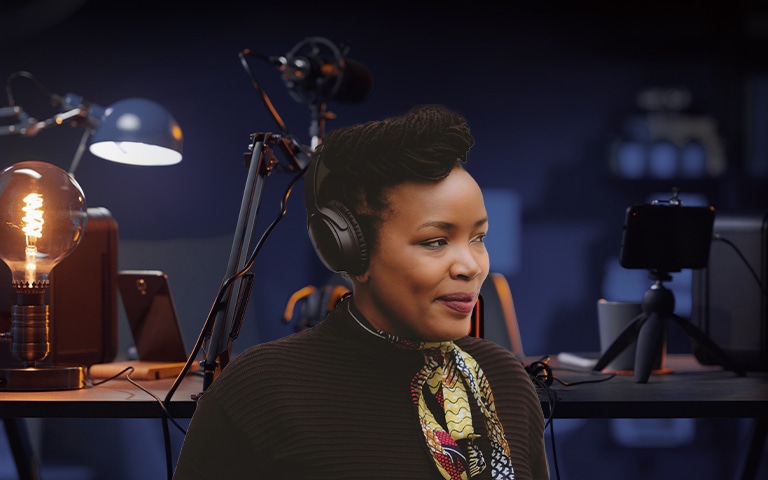
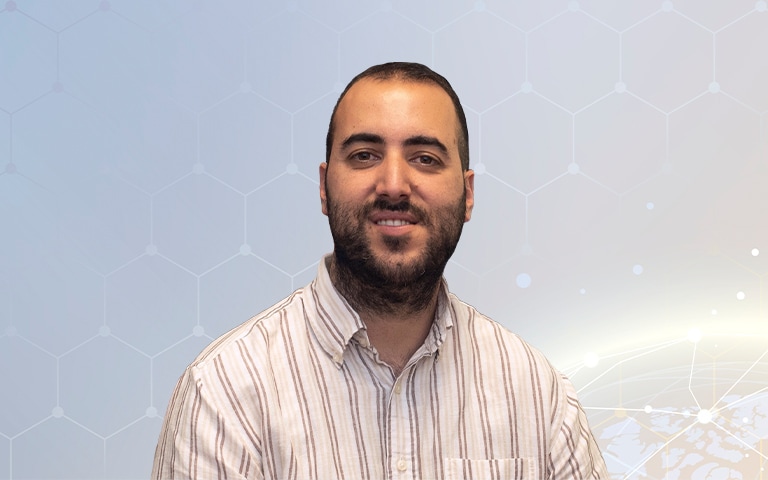
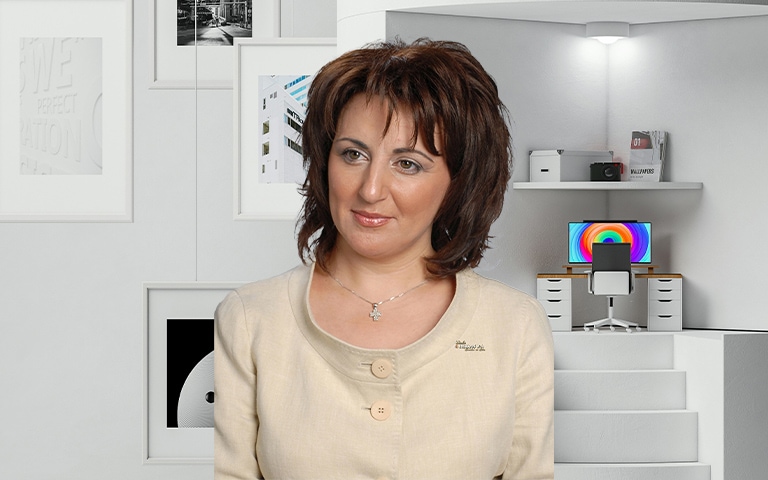

Contact us! transform@huawei.com
